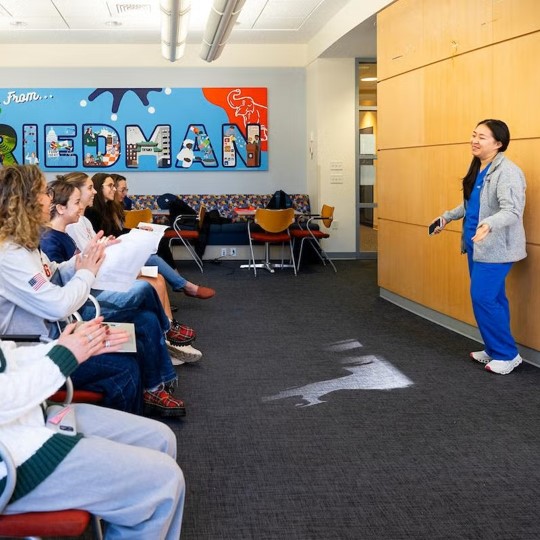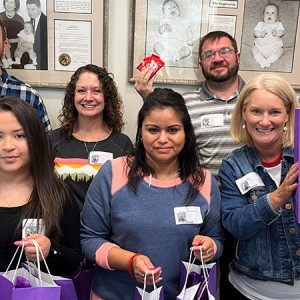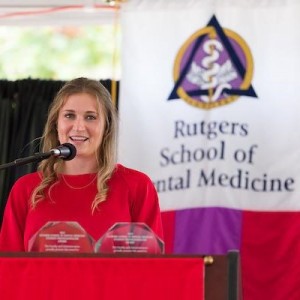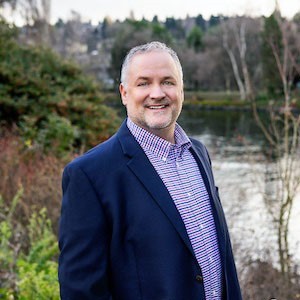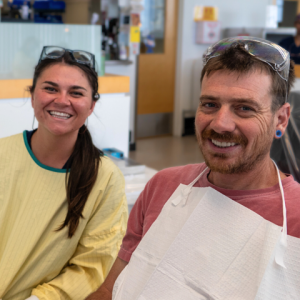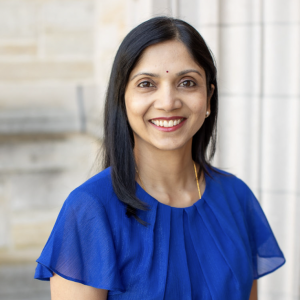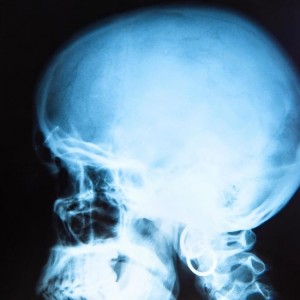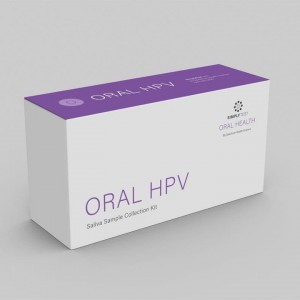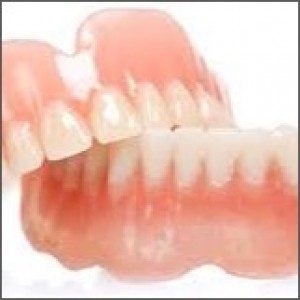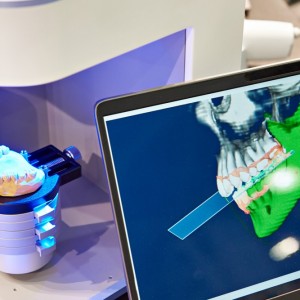
Cooking in the Name of Health
Eating isn’t just a matter of sustenance or satiety. Food is a powerful form of medicine that can manage, prevent, and potentially reverse chronic diseases.
That’s the ethos behind a new course called Culinary Medicine, which the Gerald J. and Dorothy R. Friedman School of Nutrition Science and Policy piloted this past spring. It builds on the school’s new Food is Medicine Institute, a first-of-its-kind entity aimed at integrating food-based nutrition interventions into health care to treat disease and advance health equity.
The eight-week pilot course was a collaboration between the Friedman School; the Tufts University School of Medicine and School of Dental Medicine; and the Culinary Medicine program of the AMPL Institute at Community Servings, a leading nonprofit provider of medically tailored meal interventions for individuals in Massachusetts and Rhode Island who are managing complex chronic illnesses.
School of Dental Medicine Assistant Professor Nadine Tassabehji—who is also a licensed and registered dietitian—helped secure the partnership with Community Servings. “The overall idea is to build future practitioners’ skills for sharing nutrition and cooking recommendations with their patient,” she said. “There’s definitely a need for a course like this, because when healthcare providers know firsthand how to cook for themselves, and how to use nutrition as medicine, they can then be better educators to their patients.”
Tassabehji offered office hours and managed teaching assistance for the class. “I already teach some of those topics in my courses, so I was excited to bring this to a kitchen setting so it could be more hands-on,” she said.
Jasmine Ipince, manager of education at Community Servings, and a registered dietitian nutritionist, ran most classes out of the organization’s Teaching Kitchen, which has the equipment and space to prepare any type of meal. She built on Community Servings’ existing culinary medicine program “to develop a program geared towards health sciences students being able to understand more about the role that nutrition plays in a patient’s care,” she said.
The course’s modules included an introduction to public health and nutrition; budgeting and meal planning; motivational interviewing and cultural competence; and meals tailored to various chronic diseases, to name a few.
Each week, students would cook a relevant recipe from Community Servings’ own list. “When we studied the cardiac diet, the recipe that was selected was a butternut squash and turkey chili,” Ipince said. “That is really beneficial for somebody who just had a stroke, for example.”
Students learned that the chili is rich in fiber, low in sodium, and used a lean protein instead of beef—and got to eat it too.“A part of the class I really enjoyed was having a family style meal together where we eat what we just made and discuss what the students learned and any questions that have come up,” Ipince said.
In a recent survey of more than 1,000 U.S. medical students, nearly 58 percent of respondents said they received no formal nutrition education while in medical school for four years.
Yet understanding how nutrition affects health is crucial for a career in medicine, according to Olivia Stewart, MG25 (MPH), a Culinary Medicine student who graduated in May with a master’s of public health with a concentration in nutrition.
In addition to gaining that understanding, the course taught her valuable motivational interviewing skills, she said. “As someone who wants to be a dietitian, it’s important to know how to approach those situations. I think practice makes that better,” she said.
Parin Khalifa, D28, who was first introduced to the importance of nutrition through Tassabehji’s craniofacial biology course, said the course taught her a safer, easier, and more efficient way to chop vegetables. “I really enjoyed that, because I didn’t know the way I had been holding the knife was wrong before,” Khalifa said.
But there were broader benefits, too. “I feel like I’m more confident when I talk about nutrition, and that’s really helpful for me once I get into the clinic and start seeing my own patients,” said Khalifa.
Tassabehji is continually trying to find creative ways to remedy this and help healthcare providers learn the value of nutrition and its relationship to health.
“I’m hoping we can make Culinary Medicine a permanent offering in the Boston campus,” she said.
Author: Steve Neumann
Source: https://now.tufts.edu/
 Related articles
Related articles
Editorials 24 October 2025
From mentoring workshops to leadership insights, the last week’s IU School of Dentistry (IUSD) fall faculty conference and staff retreat brought faculty and staff together respectively for two days...
Editorials 23 October 2025
On Sept. 10, 2025, Rutgers School of Dental Medicine (RSDM) welcomed the Class of 2029 and the Internationally Educated Dentists joining the Class of 2027 with a time-honored tradition—the White...
Editorials 09 October 2025
As a student at the UW School of Dentistry, you were likely much more focused on your oral health training than on the risks that could affect your ability to practice or earn a living.
Editorials 17 September 2025
A firsthand look at the process, the people and the pros and cons, told through one patient’s journey at CU Dental.
Editorials 10 September 2025
Sowmya Ananthan’s journey into the world of dentistry and academia began with a simple rite of passage—getting braces as a teenager.
 Read more
Read more
Much like EMTs rushing to the scene after an accident, stem cells hurry to the site of a skull fracture to start mending the damage. A new finding has uncovered the signaling mechanism that triggers...
Products 05 November 2025
SimplyTest has launched a groundbreaking saliva-based test to detect high-risk strains of oral human papillomavirus (HPV), a major cause of oropharyngeal cancers.
News 05 November 2025
Perimetrics, Inc., a dental technology company pioneering quantitative diagnostics, announced today that the U.S. Food and Drug Administration (FDA) has granted clearance for the InnerView...
News 05 November 2025
On October 15, open enrollment for Medicare began nationwide. Hundreds of thousands of seniors in New Jersey will once again face the challenge of finding the right Medicare coverage, including the...
Digital Dentistry 04 November 2025
Digitalisation is an expanding field in dentistry and implementation of digital teaching methods in dental education is an essential part of modern education.


